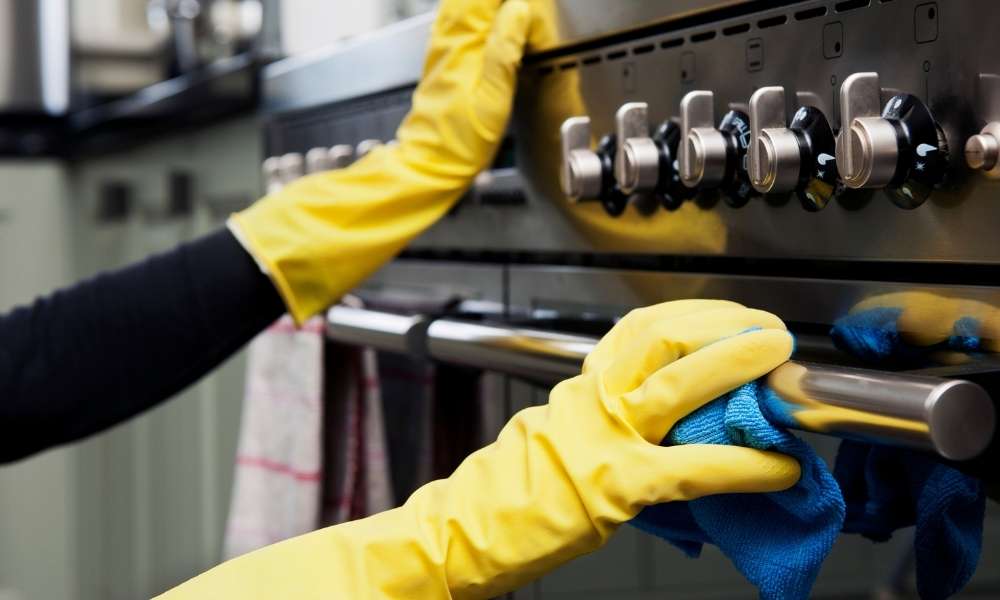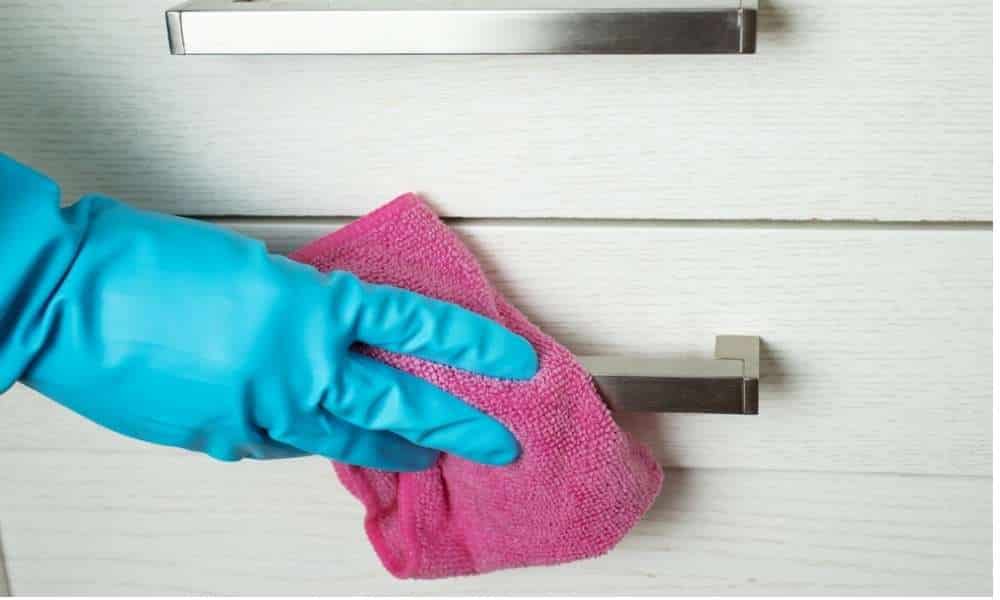Detecting a foul odor wafting from your washing machine or dishwasher isn’t just unpleasant; it’s also a potential indicator that something might be awry with these crucial household appliances. Smelly appliances can impart undesirable odors to your clothes and dishes, underscoring the importance of promptly addressing the issue. In this guide, we’ll delve into practical tips for resolving a stinking washing machine or dishwasher, guaranteeing a fresh and clean environment for your laundry and kitchen. For more extensive assistance, consider reaching out to professionals at www.appliancerepairlocal.net.
Run a Hot Water Cycle:
For washing machines and dishwashers, running a hot water cycle without clothes or dishes can help eliminate built-up residue and bacteria causing unpleasant odors. Hot water helps break down grease and detergent buildup.
Clean the Seals and Gaskets:
Smelly odors often linger in the seals and gaskets of washing machines and dishwashers. Wipe down these areas regularly using a mixture of water and mild detergent. Ensure thorough drying to prevent mold growth.
Use Vinegar:
White vinegar is a versatile and natural cleaning agent. Pour a cup of white vinegar into your washing machine’s or dishwasher’s detergent dispenser and run a hot water cycle. Vinegar helps dissolve mineral deposits and eliminate odors.
Baking Soda Deodorization:
Sprinkle baking soda in the drum of your washing machine or at the bottom of your dishwasher. Run a short cycle to allow the baking soda to neutralize odors and freshen the appliance.
Clean the Filters:
Washing machines and dishwashers have filters that can trap debris, leading to unpleasant smells. Regularly clean and, if necessary, replace these filters to prevent odor-causing buildup.
Check the Drain Hose:
Ensure your washing machine’s or dishwasher’s drain hose is free from clogs. A blocked hose can lead to stagnant water, contributing to unpleasant smells. Clean the hose periodically to maintain proper drainage.
Inspect the Drain Pump:
A smelly odor might emanate from the drain pump in washing machines. Check for debris and clean the pump to eliminate any potential odor sources.
Run a Monthly Maintenance Cycle:
Implement a monthly maintenance routine by running an empty hot water cycle with cleaning agents. This proactive approach helps prevent mold, mildew, and bacteria buildup.
Consider Professional Cleaning Products:
Specialized cleaning products designed for washing machines and dishwashers are available. These products often target specific issues like limescale and bacteria, providing deep cleaning for optimal appliance performance.
Ventilate the Appliances:
Leave your washing machine’s and dishwasher’s doors slightly ajar when not in use. Proper ventilation helps prevent the growth of mold and mildew, reducing the chances of unpleasant smells.
Conclusion:
Integrating these tips into your routine appliance maintenance ensures a practical approach to addressing and preventing unpleasant odors in your washing machine and dishwasher. The result is a consistently clean and fresh-scented laundry and kitchen environment that not only prolongs the lifespan of your appliances but also guarantees your clothes and dishes emerge with the expected freshness. These straightforward steps will leave your appliances odor-free, contributing to a healthier home. For more specialized assistance, consider professionals in washing machine repair in Charlotte NC.





